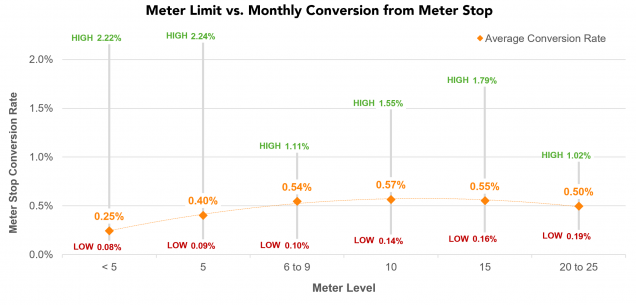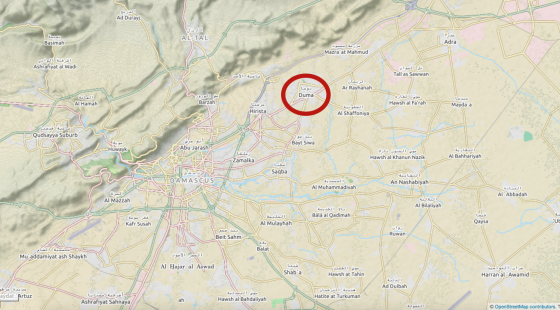Digital Pay-Meter Playbook
The past half-decade has seen a digital subscription renaissance in the news publishing industry. Our research suggests publishers should invest in capabilities to engage in constant testing and experimentation in digital — to build engagement among digital audiences and ultimately convert engaged readers into paying subscribers.
Digital Pay-Meter Playbook Read More »









